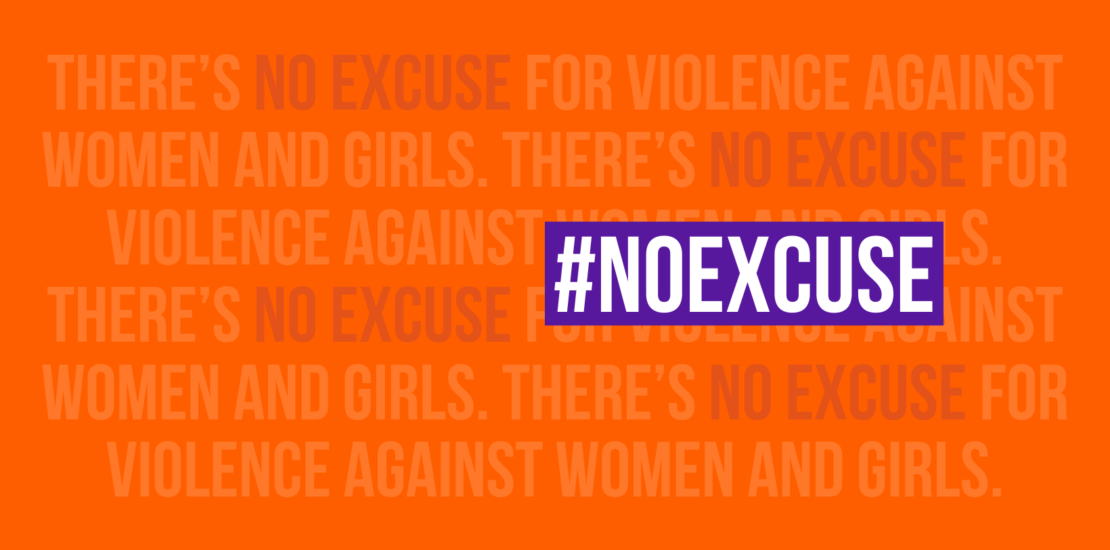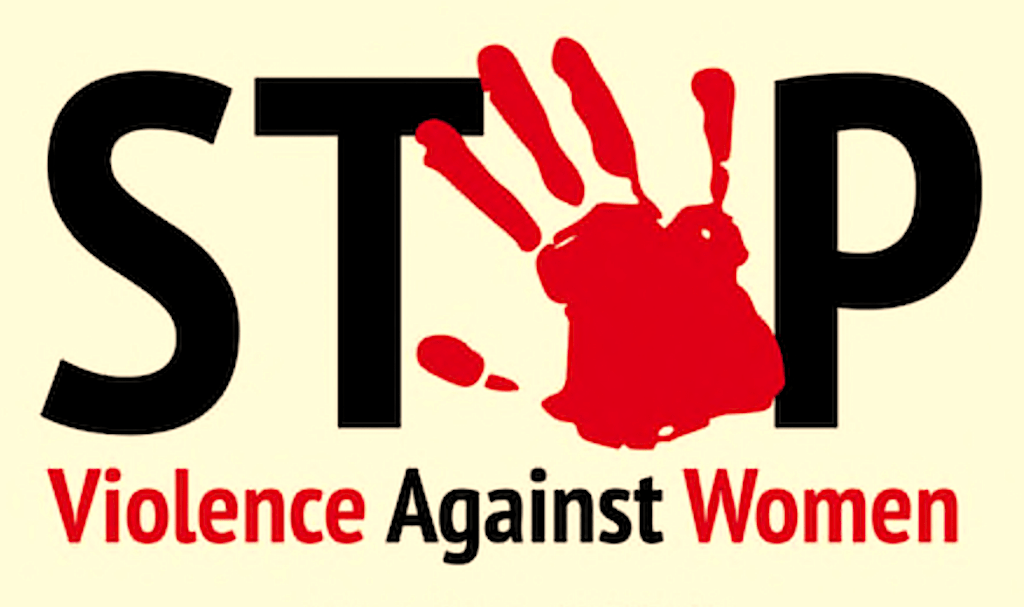Intl. Day For Elimination of Violence against Women: Not Yet Uhuru
- November 25, 2023
- Posted by: Hub Admin
- Categories: Article, Human Rights, Latest News & Events

By Altine Bello
Throughout history, women and girls have endured second-class status due to entrenched patriarchal cultural and religious beliefs that favour male children. Despite numerous countries enacting laws to address violence against women and girls, the persistent challenges of weak enforcement and discriminatory social norms remain.
Violence against women and girls stands as the most extreme form of discrimination, remaining a prevalent and pervasive human rights violation worldwide. This not only breaches the fundamental rights of women and girls but also impedes their socioeconomic, social, and political advancement. In Nigeria, this issue has been on the increase, particularly with insurgents targeting young schoolgirls. UN Women reports alarming statistics, with approximately 30% of Nigerian women aged 15-49 experiencing physical violence and 11% facing sexual violence. Urgent action is imperative.
Despite several laws and policies aiming to prevent and respond to violence against women and girls in Nigeria, such as the Violence against Persons (Prohibition) Act (2015), the Child Rights Act, the Administration of Criminal Justice Act, the National Action Plan on Gender-Based Violence, and the National Gender Policy, challenges and gaps in implementation and enforcement persist. These include a lack of awareness, sensitization, funding, capacity, infrastructure, and coordination among relevant stakeholders. Addressing these issues is crucial for meaningful progress in the protection of women and girls.
Moreover, the uniform application of these laws and policies is inconsistent across the country, with some states either not adopting them or modifying them in ways that could undermine their objectives and principles.

Currently, there have been numerous cases of violence against women and girls in Nigeria. Notably, the abduction of the Chibok schoolgirls by the extremist group Boko Haram in April 2014 gained significant attention. Another case involves Dr. Olufemi Olaleye, a medical director of the Optimal Cancer Care Foundation in Lagos, who was accused and convicted of raping his wife’s 15-year-old niece. His name was added to the Lagos State sex offenders register.
Recently, I witnessed a woman reporting her husband in a police station in Abuja for raping and impregnating their 18-year-old daughter. However, she later withdrew the case, citing it as a “family matter” to protect her daughter from potential discrimination and shame.
Similarly, the Nigeria Security and Civil Defence Corps (NSCDC) arrested a 76-year-old man, David Ogunsanwo, in Abeokuta for allegedly raping and impregnating a 16-year-old girl. The Commissioner for Women Affairs confirmed the arrest on November 19, 2023, stating that the septuagenarian would be charged to court to seek justice for the victim.
This year´s 16 Days of activism, with the theme, “UNITE! Invest to Prevent Violence against Women & Girls” there is a collective call for action.
Networks, civil society, the private sector, public sector, associations, and individuals are urged to step up and support different prevention strategies to halt the occurrence and recurrence of violence against women and girls. The power to bring about change lies in unity and proactive investment. Every effort invested in preventing violence against women is a step towards a safer, more equal, and prosperous world.
Investing in the prevention of violence against women and girls is crucial for achieving gender equality by 2030, aligning with the Sustainable Development Goals. It is a collective responsibility, and everyone is mandated to unite, invest, report cases of violation or abuse to the police, and take action to end violence against women.
